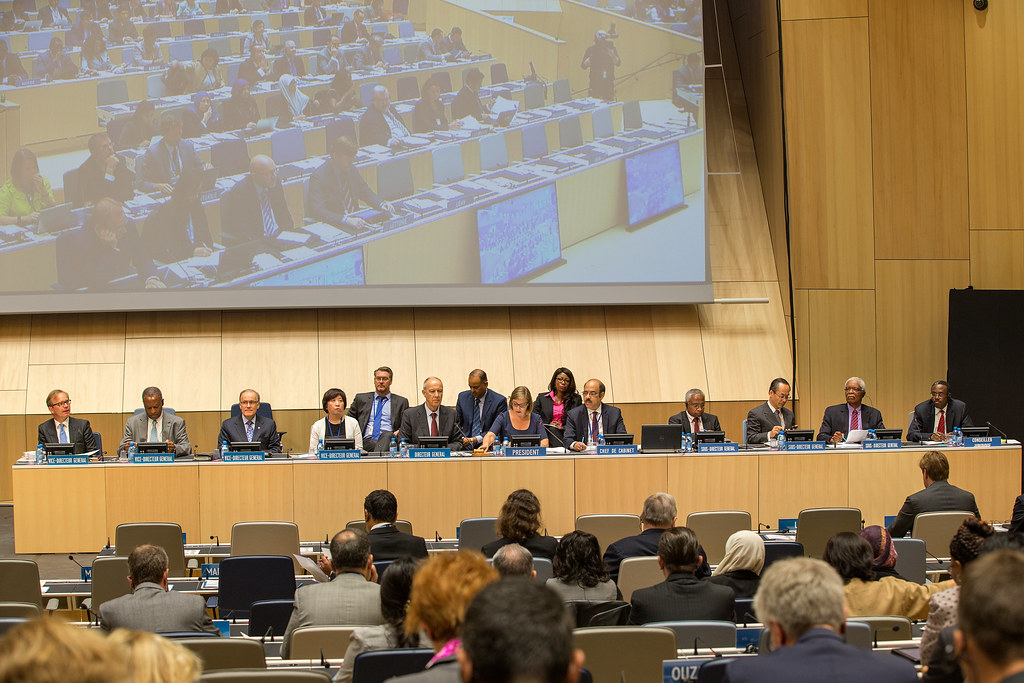Creative Commons condemns rejection of Wikimedia chapters as observers at WIPO SCCR
mardi 10 mai 2022 à 21:56
Yesterday, China blocked the ad-hoc accreditation of the Wikimedia chapters of France, Germany, Italy, Mexico, Sweden, and Switzerland as official observers to the Standing Committee on Copyright and Related Rights (SCCR) of the World Intellectual Property Organization (WIPO). Previously, China rejected the Wikimedia Foundation’s application for observer status to this UN agency.
The WIPO SCCR is a major normative forum, shaping laws and policies that influence access to and sharing of knowledge, and observer status is a prerequisite for participating in such discussions. Creative Commons (CC) condemns the rejection of the applications of the six Wikimedia chapters. This decision could set a worrying precedent, as it opposes established practices and criteria for the admission of observers to the WIPO.
China opposed the applications, suggesting that the six Wikimedia chapters are subsidiaries of the Wikimedia Foundation, whose projects violate the “One China” policy, due to the existence and activities of the Wikimedia Taiwan chapter. Bolivia, Iran, Nicaragua, Russia and Venezuela implicitly supported China’s position.
Group B, France, Germany, Italy, Sweden, Switzerland and the United States urged the Committee to abide by the principles of transparency and inclusiveness and grant observer status to the chapters, as they fulfilled all relevant criteria. They further stressed that these civil society organizations would enrich the debate at the Committee, as they have done on national legislative procedures.
Now is not the time for gatekeeping. We must welcome a diversity of voices and promote global cooperation to meet the intellectual property challenges facing the world, and achieve better sharing that serves the public interest and creates a world where everyone has access to culture, science, and knowledge.
The post Creative Commons condemns rejection of Wikimedia chapters as observers at WIPO SCCR appeared first on Creative Commons.